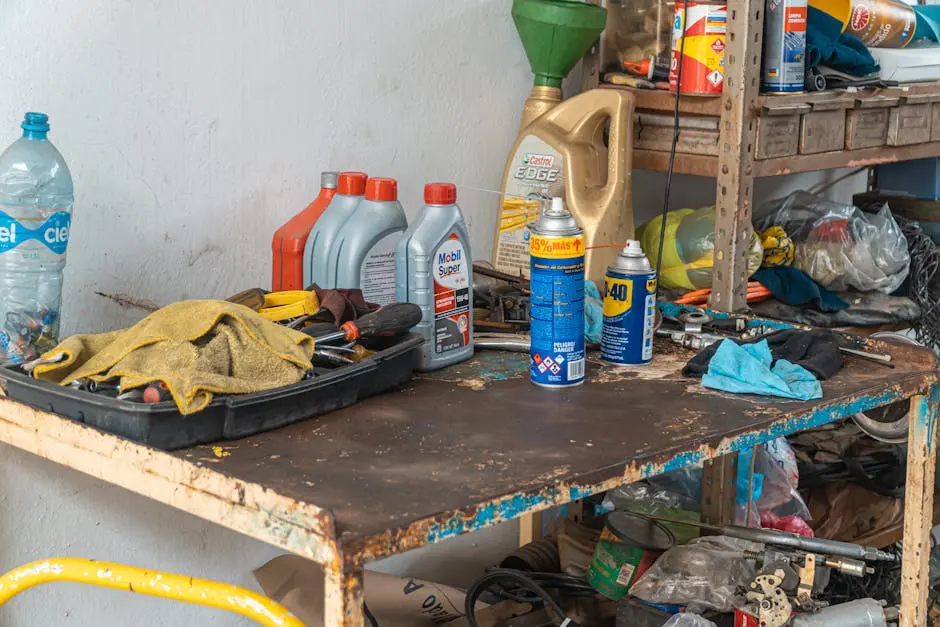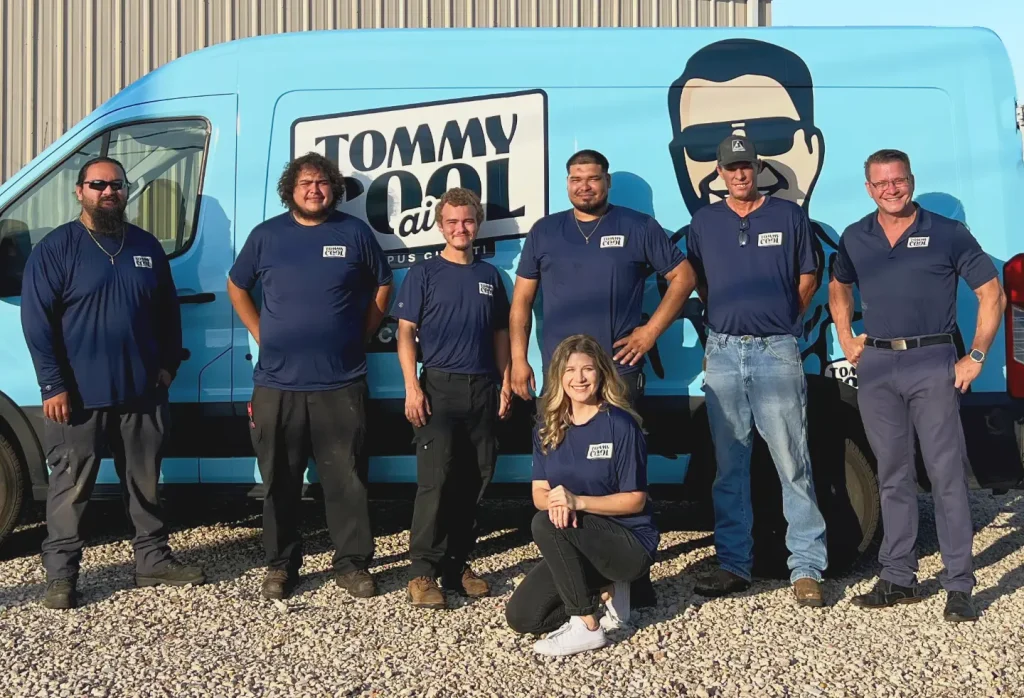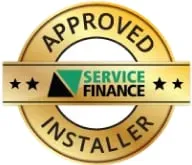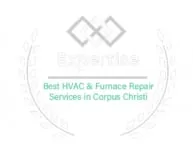Ensuring that your oil furnace is in good working condition is crucial for the comfort and safety of your home. Regular maintenance and timely repairs can help extend the life of your furnace and improve its efficiency. But how often should you schedule oil furnace repair and maintenance? In this FAQ blog, we will answer all your questions and guide you through the best practices for maintaining your oil furnace.
Why Regular Maintenance is Important
Regular maintenance helps in detecting issues early, improving efficiency, and extending the lifespan of your oil furnace. It also ensures that the furnace operates safely, preventing any dangerous malfunctions.
Maintenance check-ups involve system-wide inspections and cleaning which can preemptively address potential problems. For instance, a technician will clean or replace air filters, which trap dust and allergens. This simple task keeps your furnace running smoothly and maintains healthier air quality in your home.
Preventive maintenance can save you money in the long run. By addressing small issues before they become major problems, you avoid costly repairs or complete system replacements. Keep in mind that an efficient furnace uses less energy to heat your home, which translates to lower utility bills.
General Maintenance Schedule
It is recommended to schedule a professional maintenance check at least once a year, preferably before the heating season begins. This ensures your furnace is ready to handle the cold weather.
If you live in an area with particularly harsh winters or if your furnace sees exceptionally heavy use, you might consider scheduling maintenance every six months. According to Sperrs Fuel and Heating Co, colder climates or frequent usage require more regular check-ups to maintain optimal performance and safety.
A proactive approach to scheduling can also help you avoid the rush that typically occurs at the beginning of the heating season, thus reducing wait times and helping you get your furnace serviced more efficiently.
For a more customized maintenance plan, consult with your HVAC professional. They can assess your furnace’s age, usage patterns, and other factors to recommend the ideal service frequency.
Signs Your Furnace Needs Repair
Look out for signs like unusual noises, inconsistent heating, higher energy bills, or frequent cycling on and off. These could indicate that your furnace needs repair.
Unusual noises like banging, rattling, or squealing could mean there’s a loose or broken part inside your furnace. According to Efficiency Heating & Cooling, ignoring these sounds can lead to further damage and a decrease in furnace efficiency.
Inconsistent heating, where some rooms are warmer than others, can be caused by blocked vents, duct leaks, or a malfunctioning blower motor. Issues like these require professional attention to ensure your home is uniformly heated.
If you notice a sudden spike in your energy bills without a clear reason, it’s likely that your furnace is not operating efficiently. Regular maintenance can help identify and resolve these issues, preventing them from escalating.
DIY Maintenance Tips
Some basic maintenance tasks can be done by homeowners, such as regularly changing the air filter, keeping the area around the furnace clean, and checking the thermostat settings.
Changing your air filter every one to three months ensures that dust and debris don’t clog the system. This not only maintains airflow but also prevents overworking other furnace components, which can lead to malfunctions.
Keep the space around your furnace clear to prevent obstructions and fire hazards. Ensure there are no flammable materials nearby and vacuum the area to reduce dust buildup.
Checking your thermostat settings can enhance furnace efficiency. Make sure the thermostat is set to ‘heat’ and the temperature is adjusted to your comfort level. This simple step can prevent unnecessary wear and tear on your system.
When to Call a Professional
If you notice persistent issues, strange smells, or if your furnace isn’t performing as it should, it’s best to call a professional. They have the expertise to diagnose and fix complex problems.
Strange smells, especially those resembling gas, should never be ignored. These odors could indicate a gas leak or a serious problem with your oil furnace. Turn off your furnace and contact a technician immediately.
Persistent issues like the furnace not igniting, uneven heating, or continuous cycling indicate more serious underlying problems. A professional can perform a thorough inspection and repair, ensuring your furnace operates safely and efficiently.
Complex problems such as leaks, electrical issues, or problems with the blower motor are best left to professionals. Attempting to fix these on your own can not only be dangerous but may also void your furnace’s warranty.
Regular professional maintenance, such as those detailed in Atlantic Fuels’ guide, covers a comprehensive system check, cleaning, and component verification, ensuring your furnace runs smoothly throughout the year.
Stay Warm with a Well-Maintained Oil Furnace
Regular maintenance and timely repairs are vital for the optimal performance of your oil furnace. By following the recommended schedule and keeping an eye on warning signs, you can ensure that your furnace runs efficiently and safely, providing warmth and comfort throughout the colder months. Remember, a well-maintained furnace not only extends its lifespan but also helps you save on energy costs.










